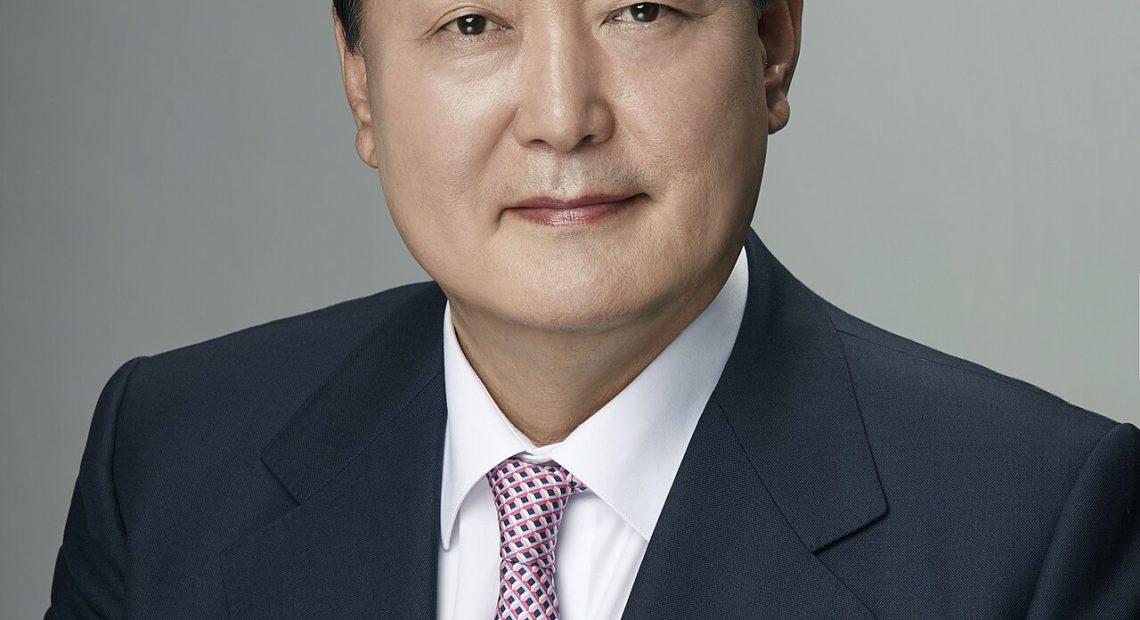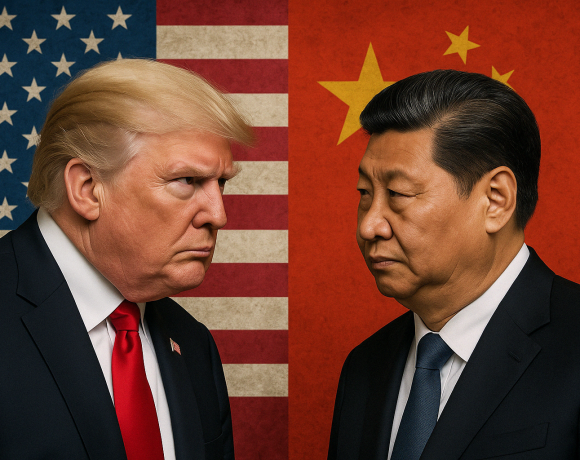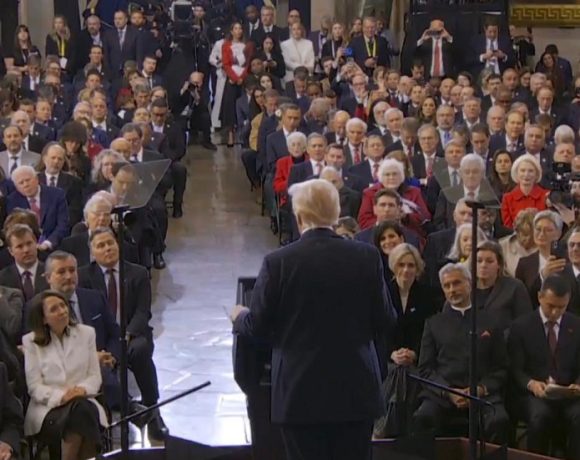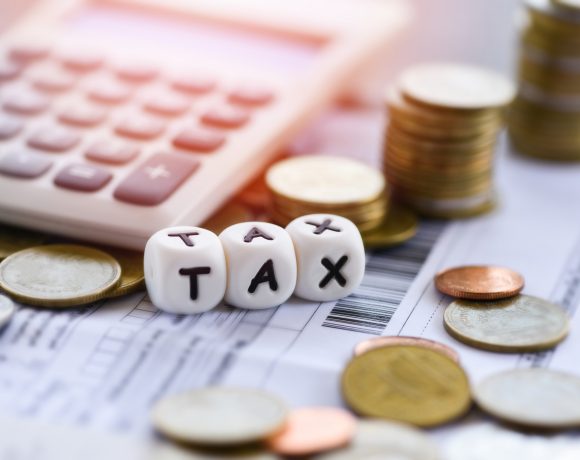
South Korean President Yoon Suk Yeol Arrested Following Impeachment
In a historic development, South Korean President Yoon Suk Yeol was arrested on January 15, 2025, following his impeachment and a protracted standoff at his official residence in Seoul. This marks the first time a sitting South Korean president has been detained while in office.
The arrest stems from President Yoon’s declaration of martial law in December 2024, a move that led to his impeachment by the National Assembly on December 14, 2024. The martial law declaration was widely criticized as an overreach of executive power, intended to suppress political opposition and civil liberties.
Following his impeachment, President Yoon confined himself to the presidential residence, where he was shielded by loyal supporters and security personnel. Initial attempts by the Corruption Investigation Office for High-ranking Officials (CIO) to detain him were thwarted by resistance from the Presidential Security Service and demonstrators.
The standoff culminated in the early hours of January 15, when authorities executed a coordinated operation to apprehend the president. Despite some resistance, the operation concluded without significant violence. President Yoon was subsequently taken into custody by the CIO for questioning related to charges of insurrection and abuse of power.
The Constitutional Court is currently reviewing the impeachment to determine whether to uphold the National Assembly’s decision, which would result in President Yoon’s formal removal from office. In the interim, Prime Minister Han Duck-soo has assumed the role of acting president to ensure continuity of governance.
This unprecedented situation has elicited a range of reactions domestically and internationally. Supporters of President Yoon have staged protests, alleging political bias and calling for his release, while opponents view the arrest as a necessary step to uphold democratic principles and the rule of law.
The international community is closely monitoring the developments, with concerns about potential implications for regional stability and South Korea’s democratic institutions. The United States has expressed support for the rule of law in South Korea, emphasizing the importance of democratic processes.
As the legal proceedings continue, South Korea faces a critical juncture in its democratic trajectory, with the outcome poised to have lasting impacts on the nation’s political landscape.


















